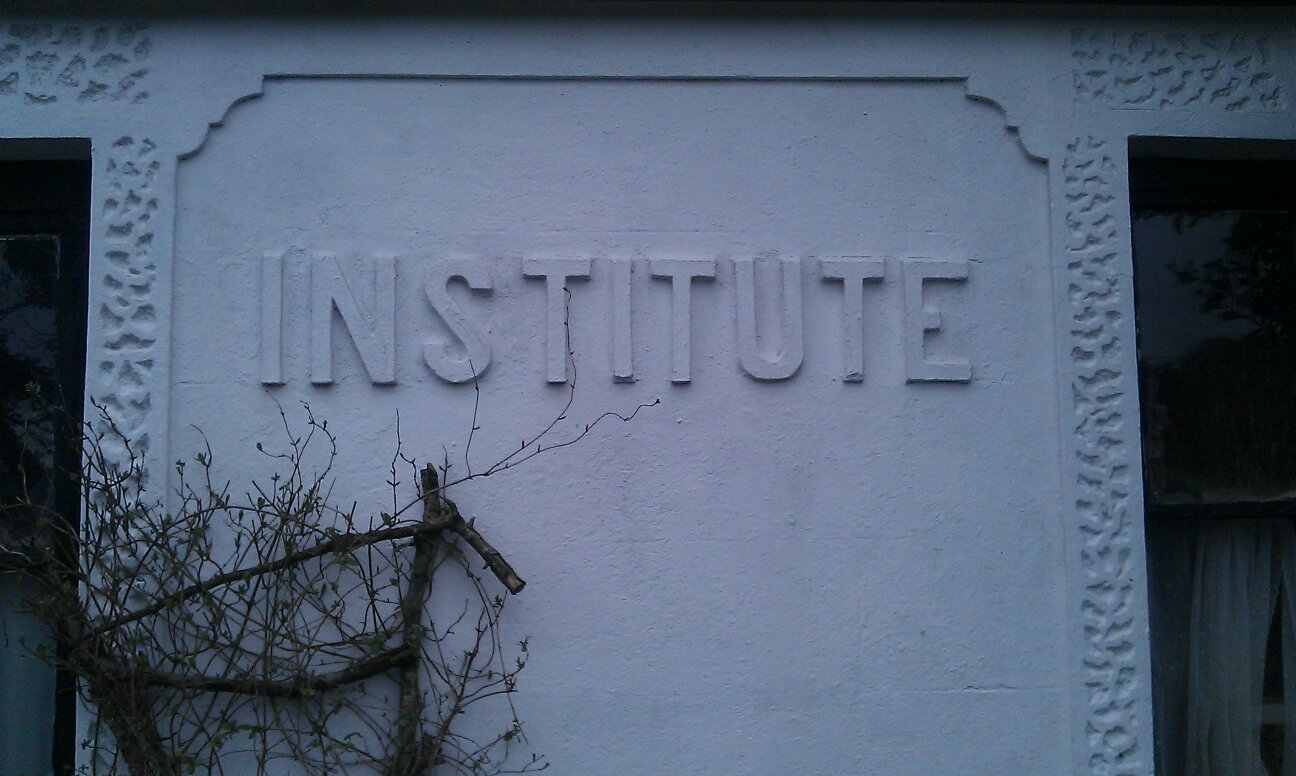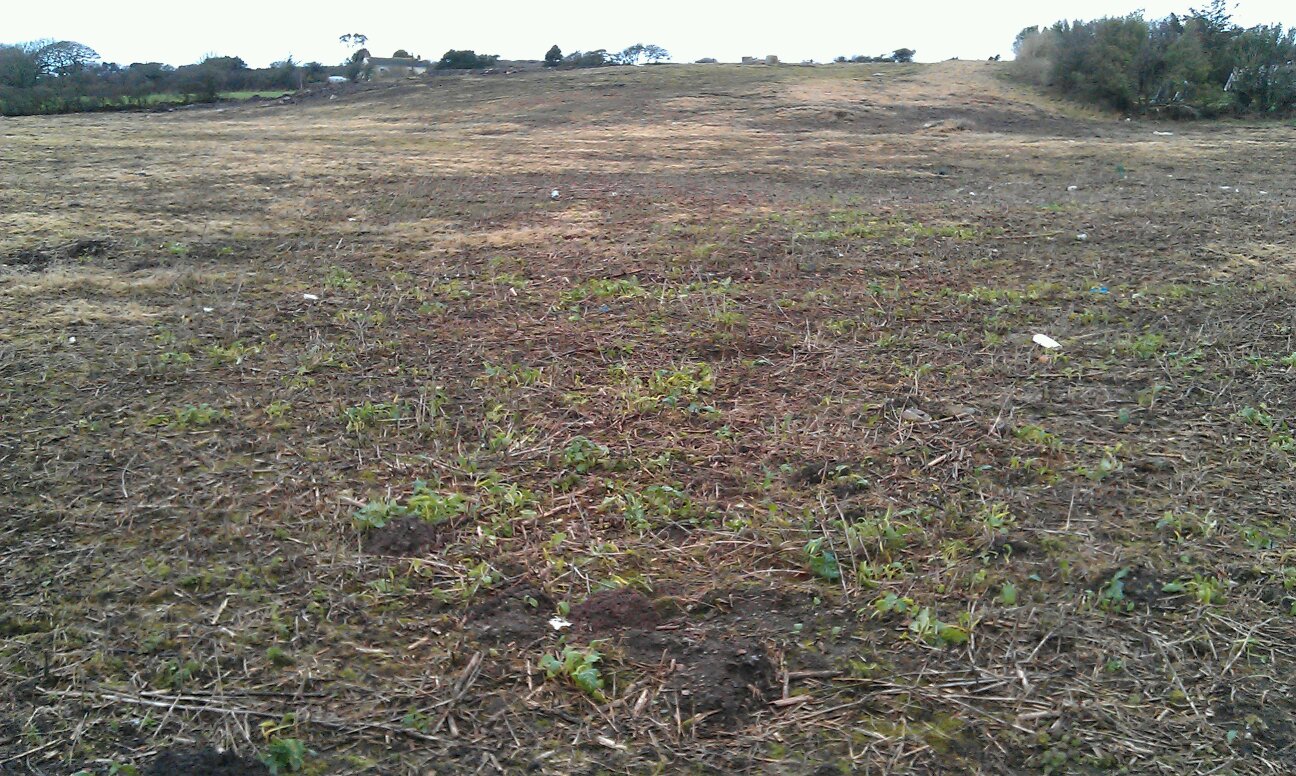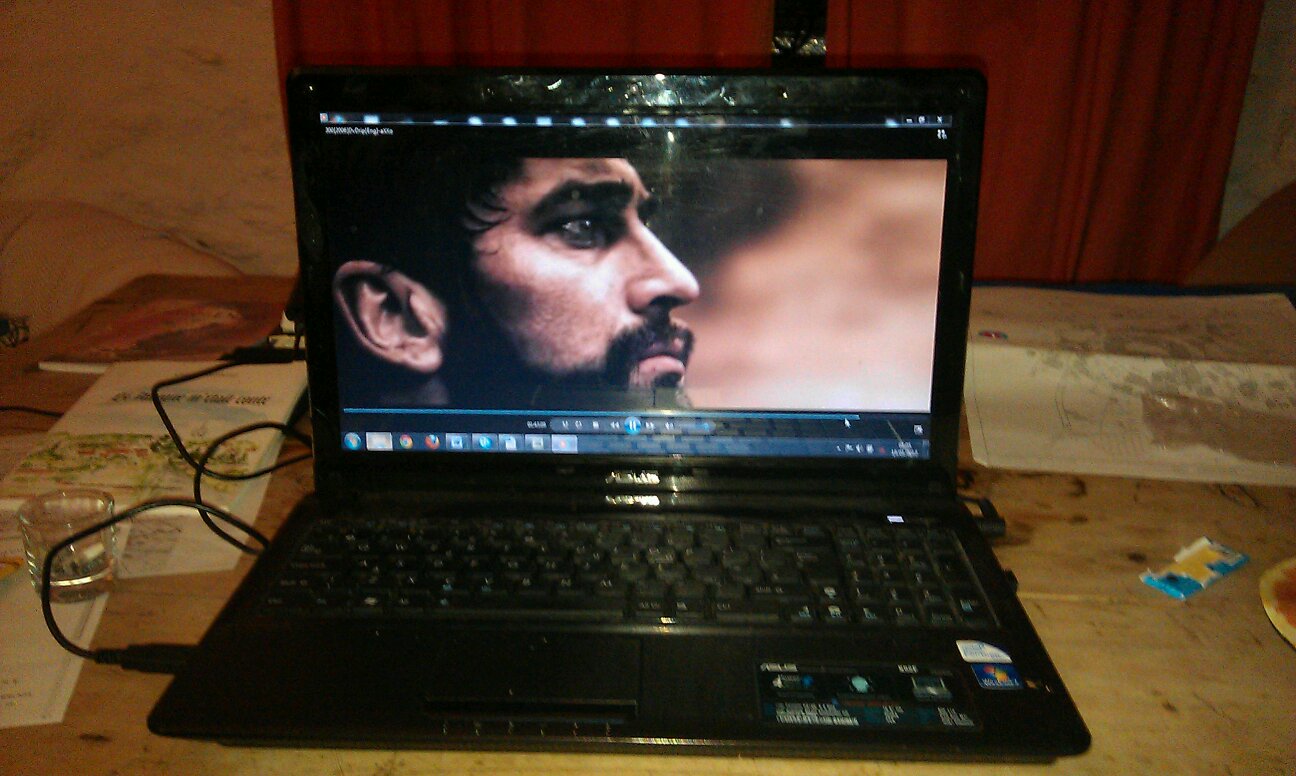I was in Truro yesterday morning and I saw a painting. It is in the Chapel of Christ the Worker in Truro Cathedral. It really caught my attention because it was so well set in that realist art of the thirties. I love the way it remarks the Soviet realism of the period and found it hugely enjoyable to see. So it is a crafting of a practice isn’t it? It must be. I was laughing to myself in a sort of post-theological way, thinking that the painting is imagined to avoid the sanctimonious praise of figuring the rich and powerful in religious art (as in the Italian renaissance etc) and showing us the workers at their toil. Maybe it was sensed as somehow revolutionary even at the time with its echoes of the Soviets. However she was adumbrating, indicating before its time, the descent of the church to a point that it is only by offering images of the poor (and noble) that the church is validated in a very material, financial way. You don’t get lottery grants by promising to be nice to the local Dukes do you???
institutes
There is a great wealth of institutes in Cornwall. The countryside is densely populated compared to many areas of rural Britain, there were so many small mining communities that there are Insitutes dotted all over the place. These two are nearby. I know nothing about them as yet, I’ve seen them for years. The first one is now a garage and was at one time I am told a snooker club, apparently there is a history of it but I have yet to locate it:
The second is being restored and is near one of the entrances to the Heartlands Project in Pool. I’ll write more about that later. Anyway, nice buildings and homes of learning and self improvement, I assume…
persona (bergman, 1966)
What is it to want to watch any film? If film teaches us how to desire and fictions structure our reality what am I doing watching this slow half conversation between two women who are one? Continue reading “persona (bergman, 1966)”
preparing a new paddock
There is land across the road that has been contested for many years, it is poisoned from earlier periods of mining and the dumping of various wastes and is heavily contaminated in places with arsenic amongst other things. It has also become home to a vast and expanding colony of Japanese knotweed. It was owned by a Cornish farmer who finding himself short of money tried a variety of ways to make the land productive over the years; some of these were very unpopular locally, like when he wanted to allow a landfill site to be created on the land.
300
Well what am I to make of the 300? Second time I’ve seen it and a very different watching in some ways and not in others. This time too I hear the entirely fictional and impossible speeches made by Spartans about saving ‘little Greece’, that home of ‘reason and justice’, setting out to defeat the Persians, the most orientalised orientals possible, those who keep slaves, those who have the good music, who offer protection to the malformed, the perverse.
The Hoe, the Barbican and Ale
It is funny what you learn, or maybe remember. On a train travelling to the south west longing for privacy I am interrupted by three revelers returning from a drinking birthday celebration at the Tom Cobley, a pub outside Exeter. One of the best pubs in the world I am told and we talk about this and that and drinking.
Trainspotters@Chesterfield

A small group of trainspotters, an indigenous species, note the highly specialised camouflage. Gatherings of this size are becoming increasingly rare. Some specialists suggest that their decline may be due to global boredom.
Posted from WordPress for Android
Dogville
Dogville (Lars Von Trier) allows interpretation from many perspectives. As SP said, it is like a Shakespeare play in that respect amongst others. I focus below on a set of ideas, perhaps more words, I encountered in Lacanian writing about the film. Zizek refers to Dogville in A perverts guide to Cinema, and elsewhere other writers pick up on his ideas to develop further a Lacanian interpretation. I have little or no understanding of Lacan and all of that second hand, but the film did allow me to entertain the thought that there was something that I could draw from it about the other, the encounter with the other and how that founds essential elements of our lives and can act as an explanatory framework for understanding.
me after my daughter has done with me

So far so good. We all watched some of Dogville this evening. We didn’t get all the way through. That was ok, because I was fearful of how the women present would react to the lead up to the denoumemt, the climax.
Posted from WordPress for Android
Afghanistan, Allegory, the Kite Runner and Knowledge
I watched the Kite Runner, the film directed by Marc Forster (2007). I’ve not read the book but from the comments of various people who had read it I was expecting something very different, something more. I experienced the film as profoundly allegorical, relating a story of America’s involvement in Afghanistan prior to the current war, what concerns me is the way that redemption if offered. The film (and the book too if it is judged by its plot and not its style perhaps, its decoration) is a Hollywood product, an epic tale of salvation offering the promise of forgiveness.
Continue reading “Afghanistan, Allegory, the Kite Runner and Knowledge”







